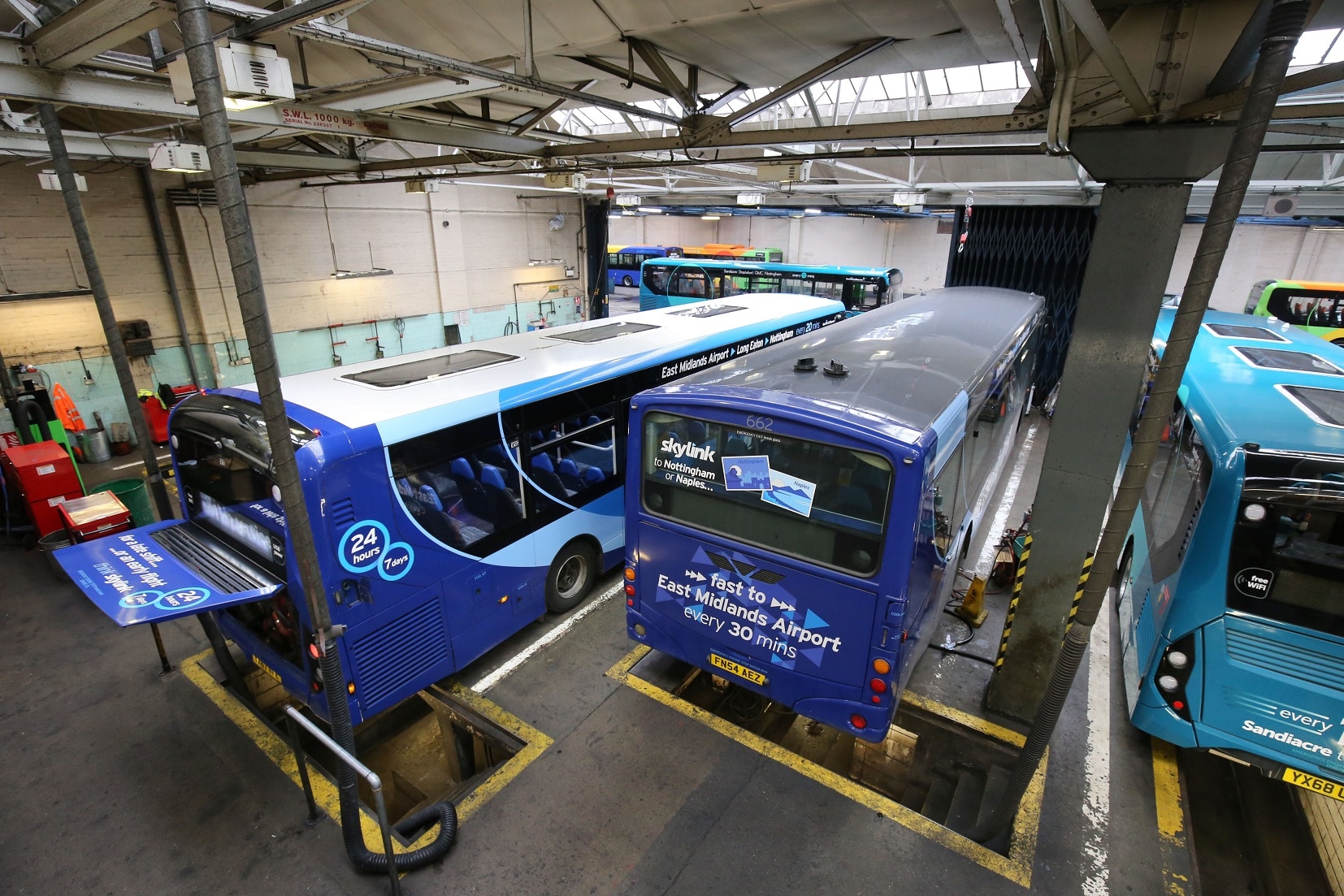
Demand responsive transport (DRT) has been one of the industry’s recent success stories, but according to one well-placed insider, making its figures stack up is challenging.
As ride aggregation software and associated algorithms advance, that will get easier. But it is unquestionable that carrying a small number of passengers, coupled to unpredictable periods of inactivity for both vehicles and drivers, is commercially suspect.
That’s why suggestions that DRT services capture other travel flows carry credence.
They have been made by three sides. In 2018, ArrivaClick’s head voiced her opinion that it could absorb certain other services provided by minibuses. Now, both integrated transport authority Merseytravel and Transport Secretary Chris Grayling have chimed in to similar effect.
In particular, the incorporation of some low-demand conventional bus services currently provided with external support may represent a game-changing way in how DRT evolves. Doing that would grow revenue. It would benefit the tendering body and the operator, and also passengers through enhanced service hours and convenience.
Against that must be balanced a potential increase resource required, but minibuses cost much less than full-sized buses both to buy and to operate. It’s no panacea, but it’s surely the next step in DRT’s evolution.


























